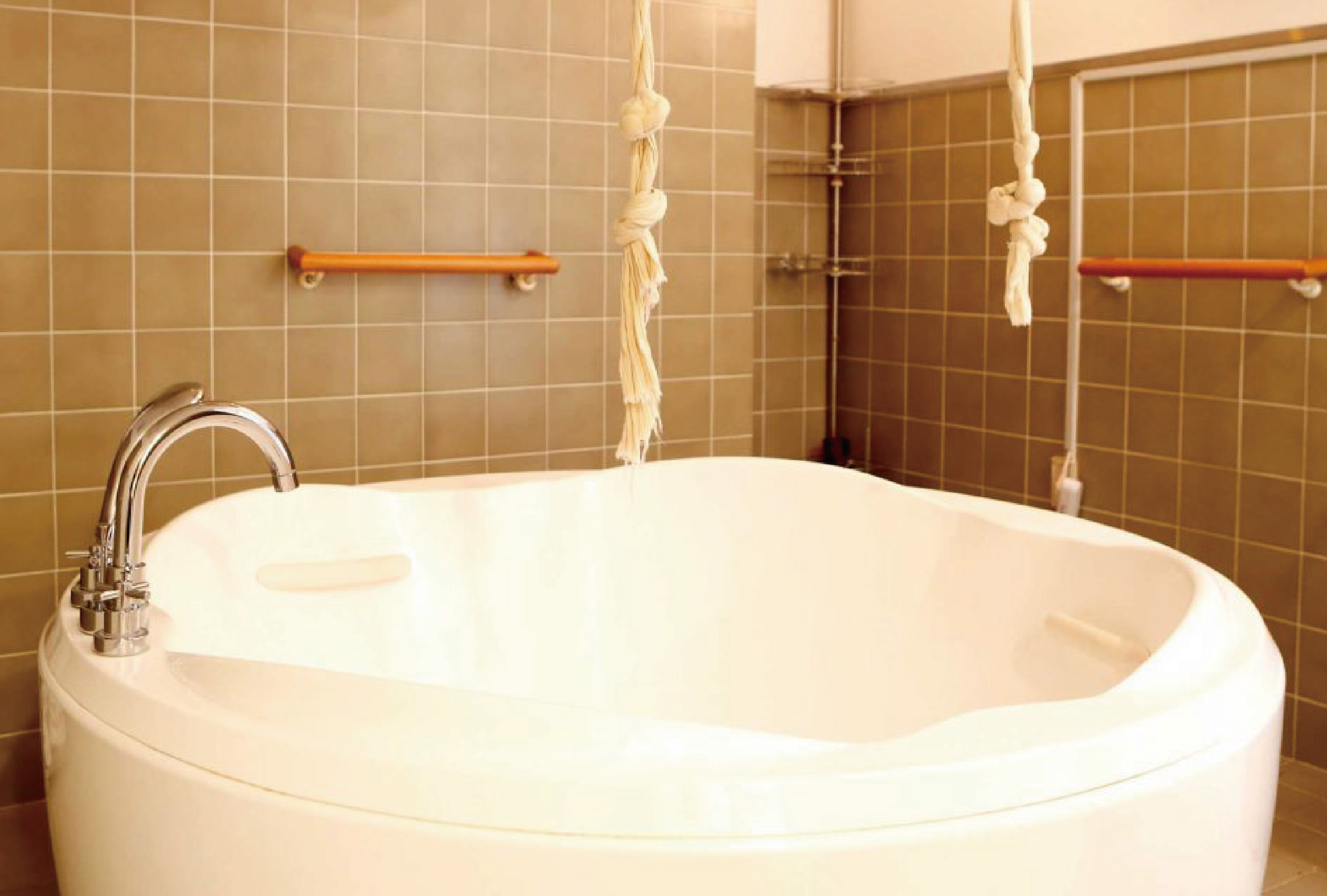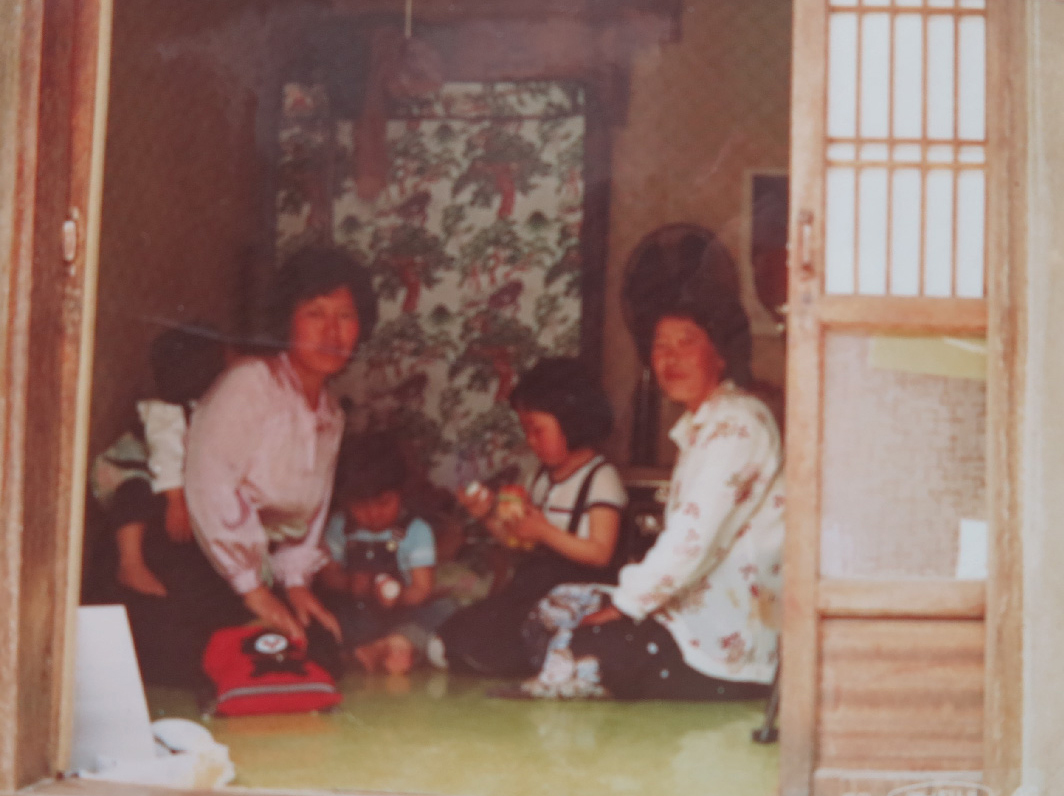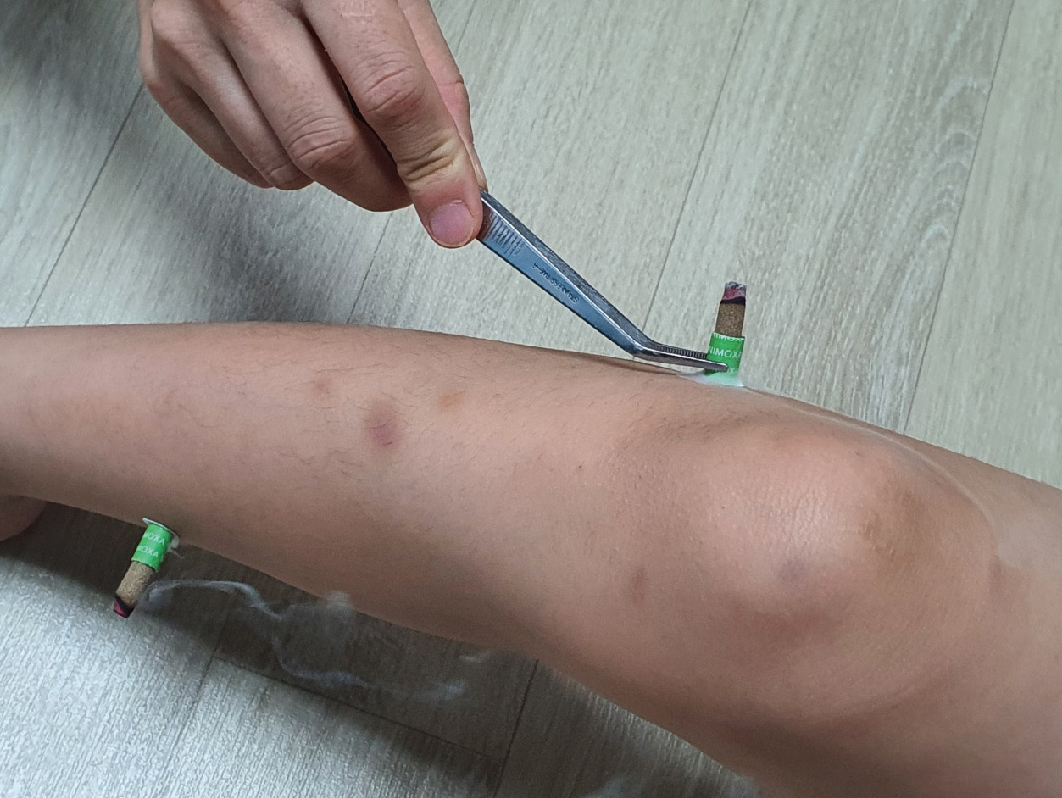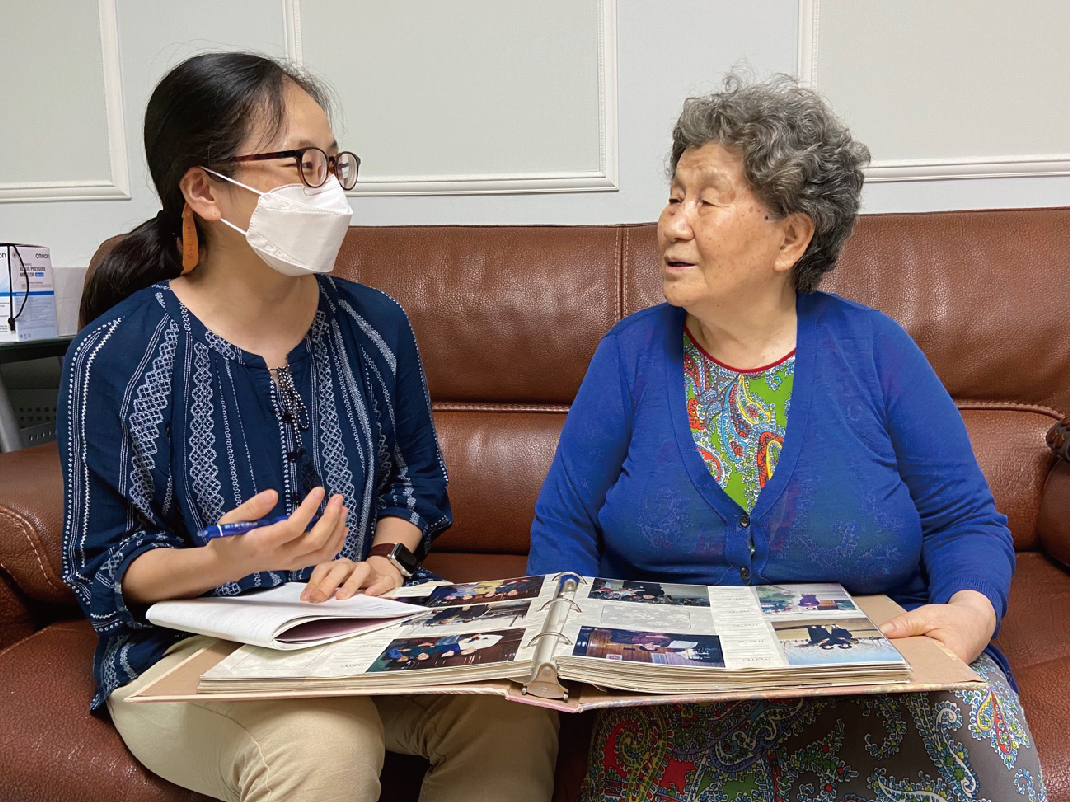出産、そして異なった表現の痛みの記録

韓国の水中分娩室 ホウム病院 2018年7月
| 研究者 | 諸昭喜 CHE Sohee |
|---|---|
| 研究分野 | 医療人類学、産後、民俗病 |
| 研究地域 (調査地) |
朝鮮半島 |
私の研究
韓国に特有の病いと民間医療を研究しています。とくに、産後に現れる「産後風」という病いの民間と韓方(韓国の漢方)の治療に焦点を当てています。女性の病いの語りを中心に産後風が韓国社会や文化の中で存在し続ける理由や、病いが時代と共に変化する様を明らかにしたいと思います。個人の病いの語りが、国家や社会の歴史を反映し、個人を越えて語られるようになる過程、その中で沈黙をしいられてきた女性たちが、体の苦痛を文化的な形で表現する様相を扱います。

韓国女性の人生と出産

韓国の家庭での民間医療

インタビューの姿
著作に対する現地での書評
現代医学が発達しても説明できない、私たちの医療システムでは抱えきれない痛みがある。このような疾患を患っている人々はいまだに医療対象から排除されたり尊厳ある生活の機会を奪わたりしている。このような韓国社会の痛みを人類学の視線で詳細に扱っている。
ソウル新聞「差別と嫌悪になった「病気」の人」(ソンワォンチョン記者)
この研究は、単に医療政策やシステムにとどまらず、病気やケアに関して私たちの社会と構成員が堅持しなければならない態度についても論じている。著者の願いの通り、「痛みのない人」が「痛みのある人」の事情を理解する手引きになるような本である。
文化日報「病気の人々を疎外させる私たちの社会」(オナムソク記者)
(日本語訳)
There are pains that even developed modern medicine cannot explain and that our medical system will not take care. People suffering from such diseases are still excluded from medical care or deprived of the opportunity to live in dignity. This article deals with such pains in Korean society in detail from an anthropological perspective.
(Seoul Newspaper, “‘Sick’ People Who Became Discriminated Against and Hated”)
This study is not just about medical policies and systems, but also about the attitudes that our society and its members must uphold regarding illness and care. As the author hopes, this article will help those who are not in pain to understand the situation of those who are.
(Culture Daily, “Our society marginalizes sick people”)
